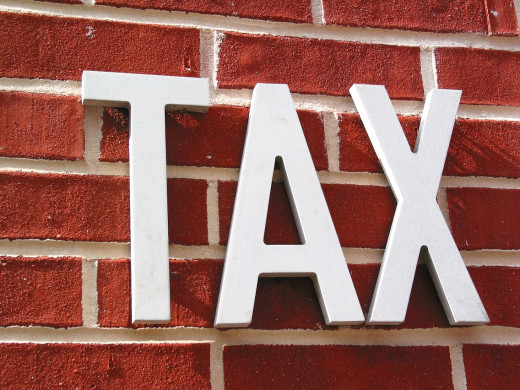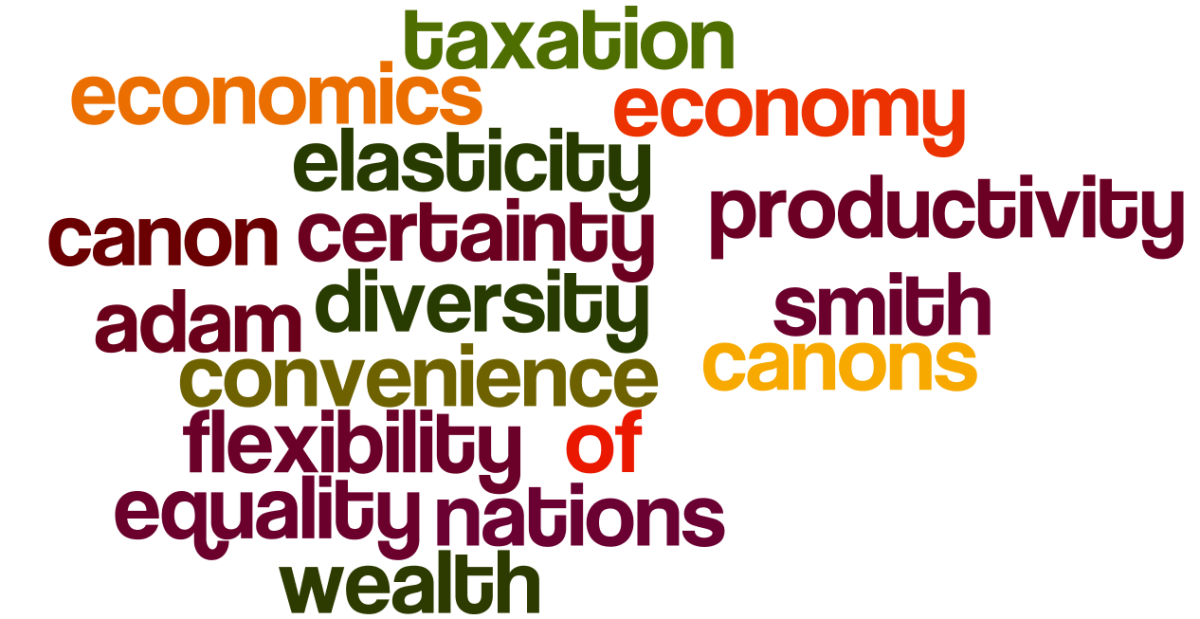Fair Taxation: Is it possible? What's Fair and Equitable?

The issue of taxation is something that will always be contentious among society - I doubt there will ever be a time when a tax is consider fair and equitable by all inhabitants of society. There will always be people who pay too little tax while others pay too much, especially when the tax code is as convoluted as it is in America today. In this article I'd like to explore some of the arguments in support of and against the current tax system while also looking at several initiatives being proposed to replace the current tax code.
Progressive Taxation
A progressive income tax is considered fair by some segments of society. Usually, individuals with lower incomes are in support of this type of taxation because it reduces income inequality in a society by place more of the tax burden on individuals making more money. Essentially, the people who make more money have to pay more money in taxes. The rationale is that people with more money tend to use more resources and so they therefore they should have to "pay more for their impacts." In addition to this, it's often argued that those who make more should help society improve by supporting the lower income workers.
Of course the richer people say this is unfair and that a progressive tax structure is essentially another term for "class welfare." In other words, the argument is that higher taxes on the rich usually go to social programs that are really only of benefit the less fortunate (a form of wealth redistribution).
Taxation Definitions
Progressive Tax - This form of taxation is where the tax rate increases as your taxable income increases.
Flat Tax - This form of taxation is where the tax rate remains constant and is not dependant on taxable income.
Luxury Tax - This form of taxation places sales, transaction, or business taxes on goods and services that are considered non-essential.
Sales Tax - This form of taxation places a tax on the sale of a good or service to the consumer.
No matter which side of the fence you are one with regards to the progressive tax, you have to recognize that the current American Tax Code is complete mess. You practically need a college degree to understand it! In addition to being burdensome and complex its riddled with conflicting information, loopholes, and is constantly changed by politicians wishing to cater to special interest groups.
Flat Taxation
The other side of the coin is the argument for a flat tax. One segment of society would argue that a flat tax is the fairest and most equitable form of taxation because each working individual would have to pay the same percentage of tax regardless of their level of income or their situation in life (assuming a true flat tax with no deductions). Another great thing about a flat tax is a simplified tax code. Many people who want to change the tax laws in America are in support of a flat tax.
On the surface this does seem quite fair but can be considered unfair by some segments of society. The argument is that the proportion of lower income individual's earnings that goes to necessities and taxes would be much higher than that of someone who's earnings are much greater. For example, a worker in a flat tax society who makes $25,000 annually might pay up to 90% of their income on the necessities of life plus taxes. However, a worker making $50,000 annually would only pay 45% of their income for the same standard of living. This can lead to a differential in the standard of living among people with varying income levels that is greater in a flat tax society than in a progressive tax society. In addition to this, individuals who don't work won't pay any income tax (as they do now), which is sometimes seen as an incentive not to work.
Personally, I consider the arguments against the flat to be weak and that a true flat tax with no deductions would be actually be quite fair.

Fair Taxation Initiatives - National Sales Tax
Did you know that there are other ways to tax citizens that may be more fair than progressive or flat taxes? In fact, there are several proposals out there to fund the government that would likely be considered more fair than what the United States currently has on the books. One such big initiative is a proposal to pass a national sales tax to replace the current progressive tax system.
According to FairTax.org, the proposal would eliminate the income tax, abolish the IRS, and institute a national sales tax. The proposed FairTax is a single-rate (23%), federal retail sales tax collected only once, at the final point of purchase of new goods and services for personal consumption. If passed, the FairTax proposal would put more money in your pocket and would give you the power to choose how much tax you want to pay. The less retail products and services you consume, the less you pay in taxes! Furthermore, you wouldn't have to file an annual tax return, use complicated software, or hire a "tax expert" to help you reduce your tax liability and file your paperwork. Tax fraud (and tax ID Theft) would nearly disappear and government bureaucracy would be decreased.
Is Taxation Right?
If a progressive, flat, or national sales tax is approved by the dominant decision making authority in a society then it is legal taxation. It would also most likely be considered ethical as tax money is used to support the common goals of society, so long as the taxes aren't too high. What constitutes "high taxes" is a another source of conflict better left for another discussion.
Taxation (whether progressive, flat, or sales) is also a forced action. Although it's necessary for society to function, most people would rather not pay any taxes if it were possible - this is true regardless of the fact that people generally recognize the societal benefits of paying taxes. It must be noted here that the consequences for not paying your taxes can be severe, so there really isn't an option to not paying.
What's Fair?
As you can see, what constitutes a "fair" tax is actually a matter of perspective and opinion. For every form of taxation, there are at least two opposing sides that are either in support of or against it. As you have seen, the many facets to taxation make it difficult to agree on how best to fund the government. Although I hope that one day we will see our current tax system abolished and replaced with something more fair, I am not optimistic that change will occur during my lifetime.
What Form of Taxation do you Favor?
What Do You Think?
What's your opinion on the subject of taxation? Do you think that the United States has it right or should we replace it with a flat tax or national sales tax? Let me know in the comments sections below.








